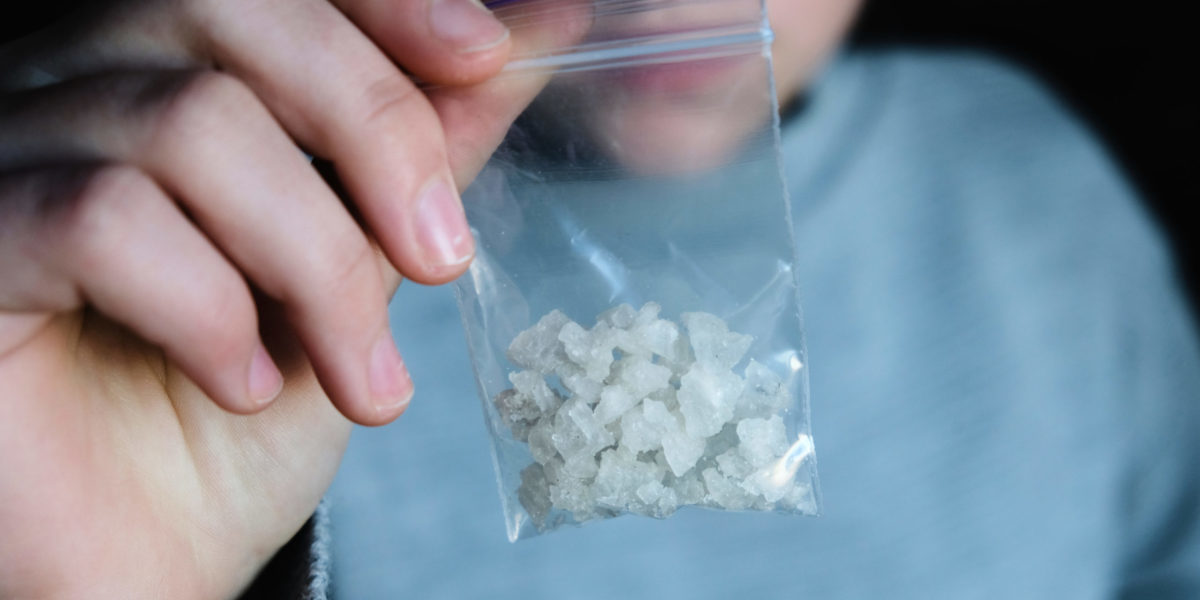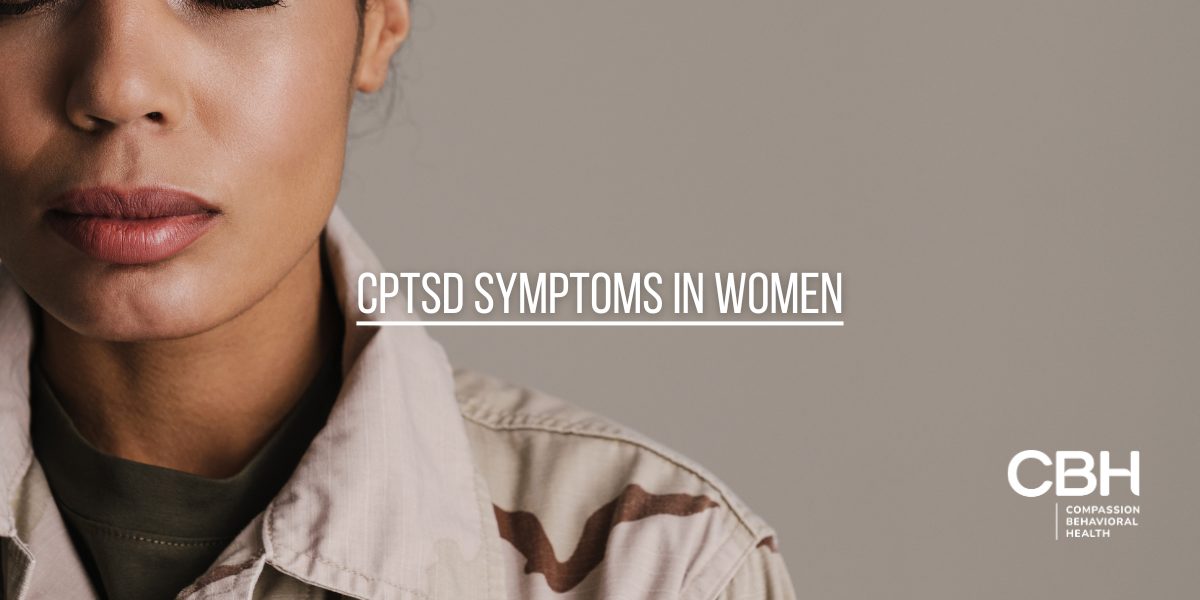Mental health is something that everyone should care about, as it affects us all on some level. It’s estimated that 1 in 5 Americans will experience mental illness at some point in their lifetimes. This is why the month of May is observed for Mental Health Month, a time to raise awareness on mental health disorders and provide education to individuals and their families.
This is also a good time to discuss the link between mental illness and substance abuse. It’s common for mental health disorders to be hidden underneath addictions. The substance abuse may be the obvious problem, but an underlying mental illness could actually be driving the urge to use.
The good news is that both mental illness and substance abuse respond well to treatment. While they are not exactly curable conditions that go away for good, the symptoms can be well-managed, allowing you to live a happy, fulfilled life.
The Connection Between Mental Health and Substance Abuse
Many individuals who have problems with addiction also have an underlying mental health problem, and vice versa. National surveys have found that about half of people with mental illness will also experience a substance use disorder at some point in their lifetimes. Some of the most common disorders that people struggle with are:
- Depression
- Anxiety
- Schizophrenia
- Bipolar disorder
- Obsessive-compulsive disorder (OCD)
- Post-traumatic stress disorder (PTSD)
- Attention-deficit hyperactivity disorder (ADHD)
So why is there such a strong connection between the two conditions?
By far, the most common issue connecting addiction and mental illness is the need for self-medication. When you feel depressed, anxious or have traumatic memories, you may turn to drugs and alcohol to cope with these feelings. For example, marijuana may numb the pain while alcohol can help you feel more comfortable in social settings.
Furthermore, experimenting with drug and alcohol tends to happen during the teenage years when the brain is still developing. Mental health disorders also start developing around this time, so without help and support, you may have turned to the only outlet you knew – drugs and alcohol.
Over time, abusing these substances has an effect on the brain. Circuits that control executive functions like impulsive control and decision making are the last to mature, putting you at risk for addiction. Early drug use is a prime factor in the onset of substance use disorders, and it may be a risk factor for the later occurrence of mental health conditions.
What are the Signs of Having Mental Illness and Addiction?
It’s apparent that drug abuse and mental illness can fuel one another, which is why it’s often difficult to tell when you are dealing with both. You may assume that the addiction is the problem because that’s what is causing all the issues. Really, it could be underlying depression, anxiety or childhood trauma at the root of it all.
Being diagnosed with a substance use disorder and a mental health disorder is called a dual diagnosis or co-occurring condition. Here are some signs to pay attention to that may indicate the presence of a dual diagnosis:
- Using drugs and alcohol to overcome feelings of anxiety, stress or fear.
- A history of childhood abuse or neglect.
- Having experienced a traumatic experience, such as an illness, accident or assault.
- Using substances to feel more satisfied with life.
- Family history of mental illness.
Treatment for Co-Occurring Conditions
Dual diagnosis treatment refers to treating a mental health disorder and substance use disorder at the same time. While having both conditions present is harder to treat, it is certainly not impossible. The key is to receive a proper diagnosis and choose a treatment center that is well-versed in treating dual diagnosis clients.
Remember, roughly half of people with addiction have a mental health disorder, so this is not unusual territory. However, not all addiction treatment centers are equipped to handle dual diagnosis clients, so it’s important to choose a rehab facility that does. For example, Compassion Behavioral Health provides two tracks of individualized treatment programs for dual diagnosis clients.
Here is what an integrated treatment plan may look like for you:
- Medical detox. The first step is to remove drugs and toxins from the body. Detox services provide medical support and monitoring as you go through the withdrawal process. You will need to be clean before starting treatment.
- Evaluation. Once the detox process is complete, our doctors can get a better understanding of what mental health conditions may be present. Any other conditions can also be identified at this time, such as diabetes, high blood pressure or chronic pain syndrome.
- Treatment. You will receive a personalized treatment plan that addresses your unique symptoms and background. Treatment usually involves a combination of group, individual and family therapy.
- Alternative therapies. Aside from talk therapy, alternative therapies are helpful at processing trauma and managing stress. Compassion Behavioral Health offers EMDR therapy, meditation and yoga, nutrition and life skills and more.
- Aftercare plan. When treatment is complete, you’ll be sent home with an aftercare plan that offers a unique combination of treatment services and lifestyle changes. It’s important that you follow this plan, as it will address both disorders.
What are Some of the Best Ways to Protect Your Mental Health?
Due to the coronavirus pandemic, this is an especially difficult time for many people. Even those who have not struggled with anxiety or depression in the past may be experiencing some of these symptoms. As part of this year’s Mental Health Month, the CDC has released this public service announcement: Be Kind to Your Mind.
- Pause. Stop what you’re doing and take a moment to acknowledge how you’re feeling. This helps you process your emotions instead of letting them bottle up.
- Take breaks. Avoid sitting in front of the TV or internet and becoming consumed with negative stimuli like talks of Covid.
- Make time for self care. It’s important to eat a balanced diet, exercise daily and get enough rest at night. This will keep your mind and body strong.
- Reach out to others. Social distancing is really physical distancing. You should still be keeping in touch with friends and family through video chat, text and more.
- Seek help. If you’re feeling overwhelmed or have the desire to use drugs and alcohol to cope with your emotions, reach out to a medical professional or trusted friend who can help.
Your mental health affects all aspects of your body, which is why it’s important to treat this part of your health, just as you would a physical ailment. Fortunately, we know more about mental health than ever before, as well as the best ways to treat the symptoms. To learn more about the mental health and substance abuse programs at Compassion Behavioral Health, contact us today.



